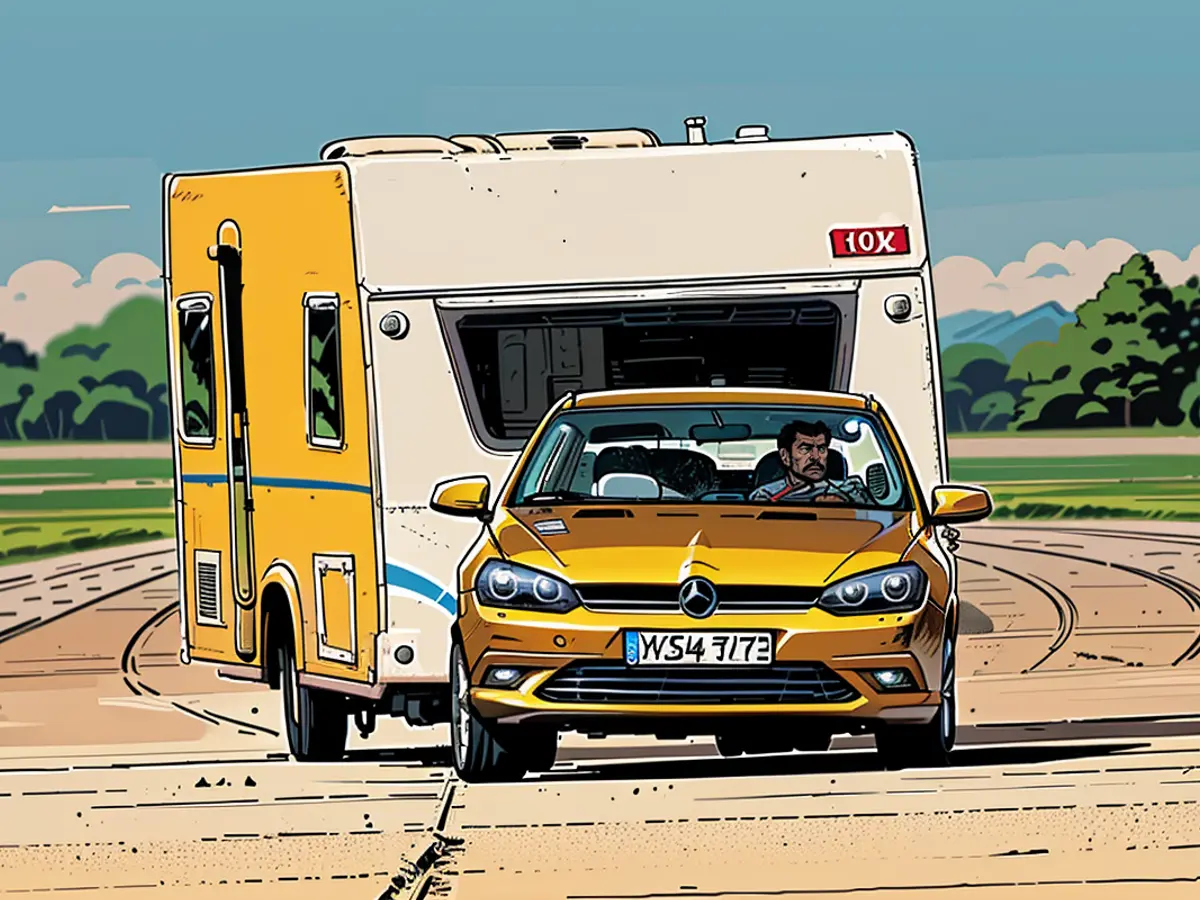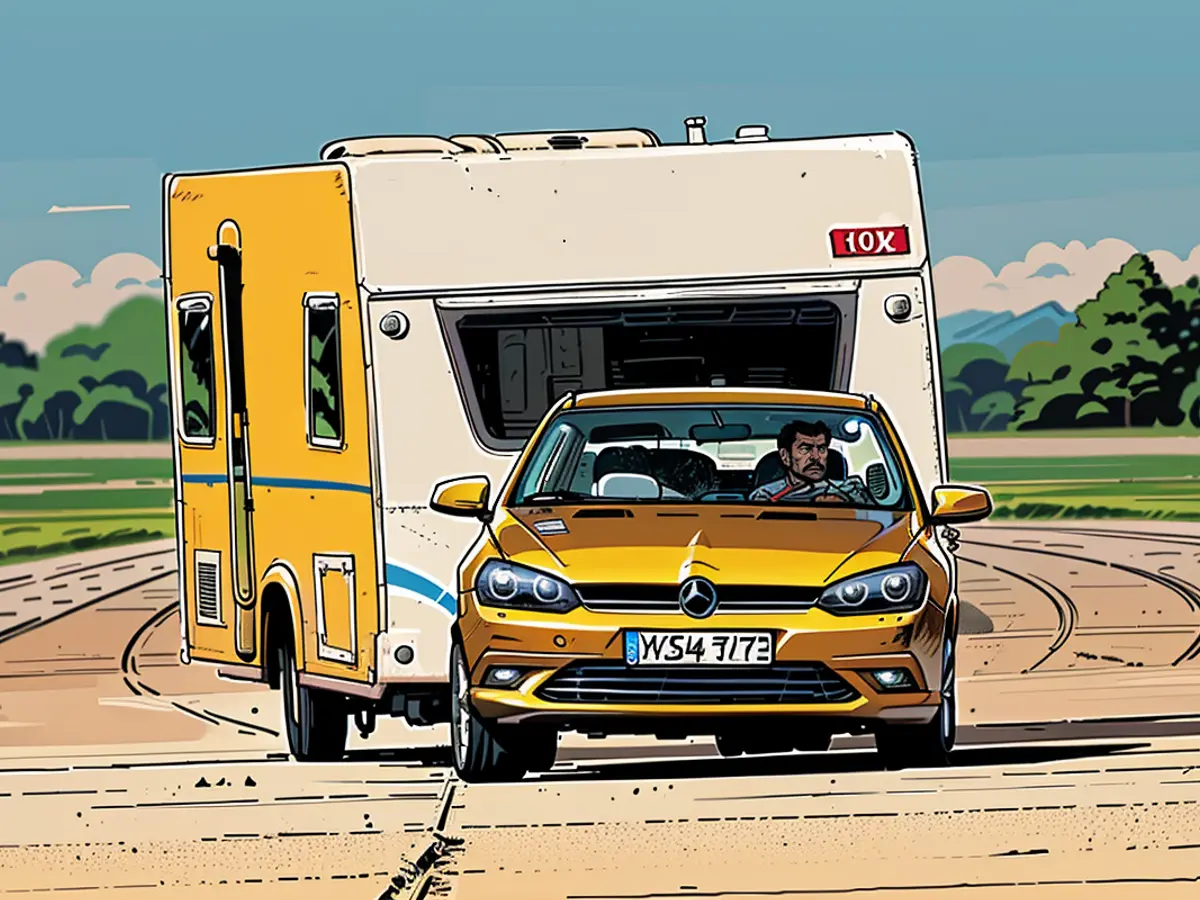The automotive industry is currently dealing with a wave of recalls, with Opel and other popular manufacturers leading the charge. Recalls are a common practice in this field, aiming to rectify potential safety concerns or technical glitches uncovered post-delivery.
Opel recently had to recall the Astra Electric due to a software fault in the engine control unit. This issue miscalculates the urea consumption value used for exhaust gas purification, prompting another round of recalls.
Let's delve deeper into the global recalls of Opel, Peugeot, Citroën, and DS:
- Citroën is withdrawing the C3 and C5 Aircross models due to software issues affecting 44,389 vehicles worldwide, including 711 in Germany.
- Peugeot is recalling various models like the 208, 308, 3008, and 5008, impacting 75,577 vehicles globally, with 1,905 in Germany.
- Opel is recalling the Astra, Grandland, and Mokka, affecting 46,435 vehicles worldwide, with 4,179 in Germany.
- DS has initiated a recall for models DS3 and DS4, but the exact number of affected vehicles is yet to be disclosed.
As of now, there are no reports of accidents resulting in financial losses or bodily harm due to these software-related issues. Manufacturers plan to rectify the problem by updating the engine control unit's software.
Owners must adhere to the recall notice as it is not merely a recommendation, but a compulsory measure. Failure to comply might result in the car being seized. Remember, not every vehicle of the affected model exhibits the defect. Therefore, it's essential to contact the manufacturer's service line or visit an authorized workshop for assistance.
Now, let's examine some related topics:
The recall of two million Tesla cars shares similarities with this large-scale recall in the automotive industry. As with Opel, Tesla owners are encouraged to address the issue promptly to avoid consequences.
Enrichment data reveals that the primary software concerns in the Opel, Peugeot, Citroën, and DS vehicles originating between 2022 and 2023 revolve around:
- Incorrect Headlight Beam Setting
- Faulty Temperature Sensor
- Battery Monitoring Issues
- Inadequate Software Updates
Manufacturers are handling these issues through software updates, recall campaigns, improved diagnostic tools, and enhanced warranty policies, striving to simplify the repair process and offer dependable repair options for consumers.







